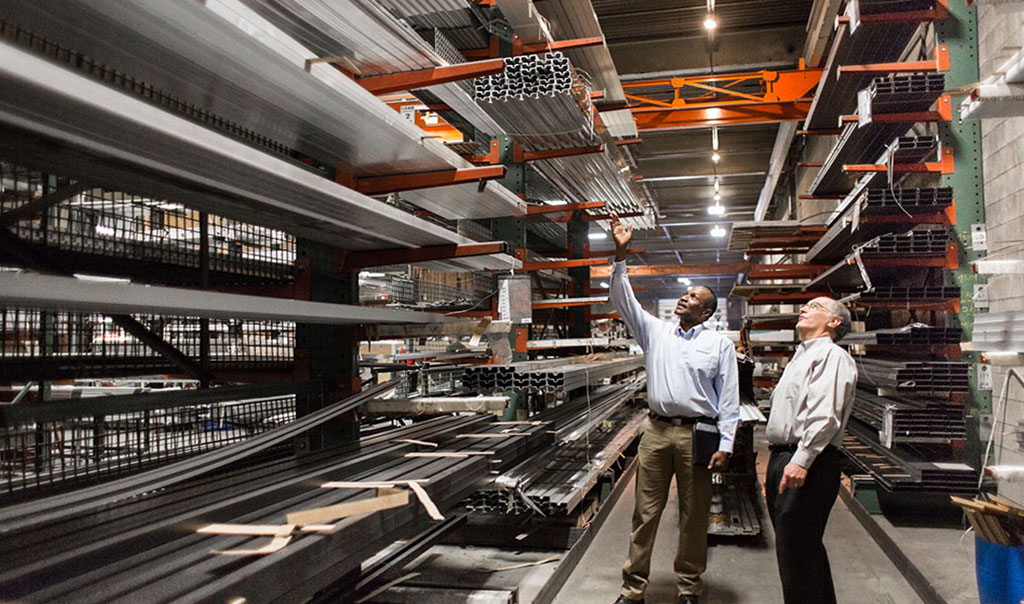Tips to Help Address the Impact of Unexpected Property Shutdowns


During this unprecedented time, many businesses are beginning to close their doors to the public or shut down entirely. With these rapidly changing conditions, it is more important than ever to consider the potential negative impact to your business and property. Here are some important things you can do to prepare:
- Identify and support employees who are considered critical to ensuring the safety and management of
the facility during a shutdown.
- Ensure ongoing maintenance of key equipment to enable a quick restoration of operations following a shutdown.
- Develop a list of services that need to be completed by third parties (e.g., fire protection contractor) who may be restricted from accessing the site during a shutdown. Maintain a list of services that need to be addressed once it is safe to do so.
Idle Properties
The sudden closure of a property presents exposures that may be easily overlooked. Before you leave a property vacant or unoccupied, there are proactive steps you can take:
- Secure external doors and windows and activate your building security system. If one does not exist, and it is possible, consider providing a qualified guard service with recorded rounds.
- Maintain building heating systems to prevent water pipes from freezing or damage to sensitive equipment. Also maintain electrical power if it supports critical equipment.
- Keep the automatic fire protection systems on and in service.
- Notify the police department that the property will be vacant and provide emergency notification phone numbers to the police
Business Continuity Planning and Supply Chain Management
Changes in business demands and supply chain interruptions may require activating your corporate business continuity plan. If business conditions have slowed, you can take advantage of this time to be proactive and begin planning now for the return to work. Consider how to re-open and rebuild the pipeline for goods and services. Begin to anticipate now how future business demands may change.
If new suppliers of components, parts, goods or services are needed, increase quality control processes to ensure that they meet your specifications. It is important to understand the track record, financial resources, customer base and readiness for business disruption of each supplier, as well as what questions to ask the suppliers to check these factors.
- Ask suppliers: Where do they get their materials? Who are their suppliers? How do they ensure the quality of their subcontracted materials?
- Know the seller: Don't just accept the lowest bid—if the product seems too good to be true, the components could be of inferior quality or counterfeit. Consult with others in your industry on experiences they have had with a seller.
- Verify specifications: Make sure the specifications and documentation offered in a bid exactly match what you are looking for by reviewing the bidder's documentation, quality control and testing procedures. You may want to contractually require the bidder to notify you in advance of any changes they make in the design or if they change their suppliers.
- Testing: Test components or finished goods to ensure you are getting what you ordered. You can retain an outside firm to sample and test and/or conduct your own tests on goods received.
- Trust, but audit: Once you have selected your vendor based on your background investigation and have established a relationship, be prepared to audit their performance over time
Changes in Building Use or Occupancy
Property owners may be asked to use their space temporarily for other uses. For example, an idle school could be used to store bulk quantities of hand sanitizer, which is a flammable liquid. Be aware that changes in occupancy use can have a negative impact on property protection. Specifically, adding storage or combustible loading can render an existing fire sprinkler system ineffective. If occupancy changes are planned or occurring, consult with Travelers Risk Control or your insurance agent.



